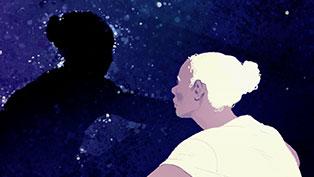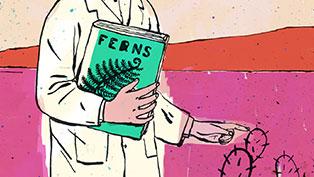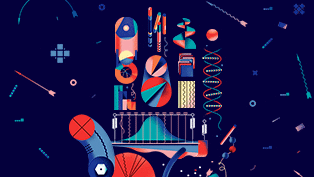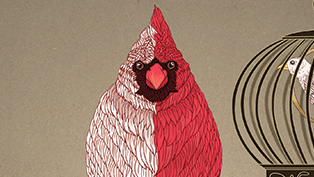One of my favorite details about the evolution of complex life has to do with the power source. The dominant theory is that mitochondria, which are the chemical powerhouses for virtually all multicellular life, started out as single-cell organisms that entered into a long-term symbiotic relationship with us eukaryotes.

It’s as if power were a separate category of problem, one not easily solved by the usual processes, and requiring a special solution. Today, as human-engineered systems reach great complexity, we see the same dichotomy. The world’s most common means of generating electricity is burning coal, a technology dating back to the 1880s, even as the devices receiving that power race ahead in complexity and efficiency.
In the social world, too, problems of power resist solution. As other aspects of our lives have been entirely transformed for the better—the ability to communicate with each other, for example—just a little over a tenth of the world lives in a full democracy, and democratization has stalled or reversed in many parts of the world.
Why is power a hard problem? Maybe because it is necessary but dangerous, intimate but foreign—a tangled externality, and possibly the very first one.
Welcome to “Power.”
Read the Issue





























































